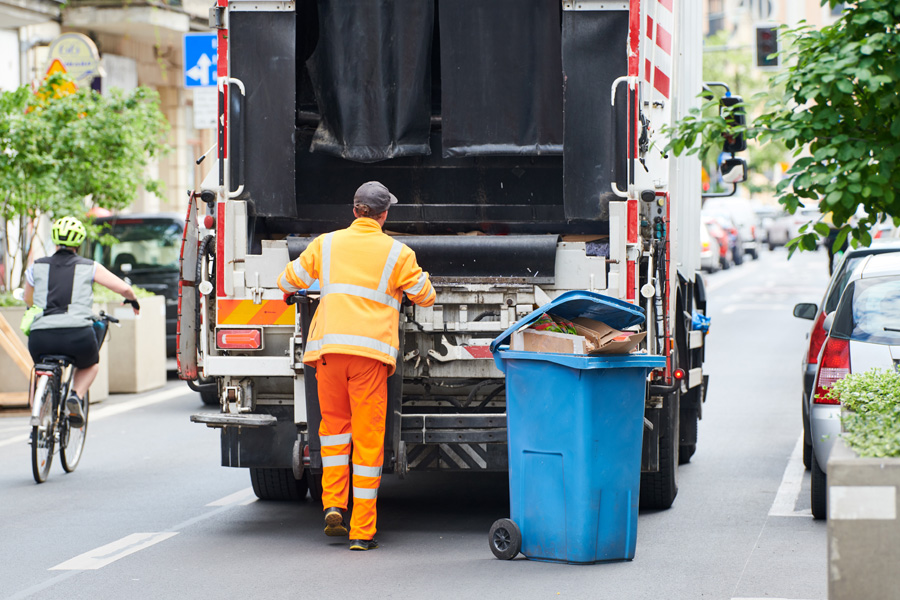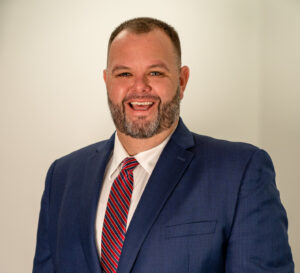 Understanding the legal nuances of car accidents involving government entities is essential, as these bodies typically have sovereign immunity, which shields them from many lawsuits. However, the Florida Statutes allow for specific exceptions where this immunity is waived, allowing individuals to pursue claims for damages. Such instances include negligence by a government employee during their official duties, hazardous conditions on public property, or inadequate road signage.
Understanding the legal nuances of car accidents involving government entities is essential, as these bodies typically have sovereign immunity, which shields them from many lawsuits. However, the Florida Statutes allow for specific exceptions where this immunity is waived, allowing individuals to pursue claims for damages. Such instances include negligence by a government employee during their official duties, hazardous conditions on public property, or inadequate road signage.
Although liability can be established under these conditions, victims must strictly adhere to procedural requirements to ensure their claims are not dismissed. The lawyers at Eberst Law guide you through the legal process and protect your right to compensation.
When Is a Government Entity Liable for a Car Crash in Florida?
Generally, government bodies have sovereign immunity, which protects them from many types of lawsuits. However, under the Florida Statutes, there are specific circumstances under which a government entity may be liable for damages resulting from a car collision.
Waiver of Sovereign Immunity
Florida has legislated a partial waiver of sovereign immunity, which permits individuals to seek compensation from state or local government bodies in certain situations. A government entity is liable if the accident was caused by the following:
- Negligence of a Government Employee: If a government employee causes a crash while operating a vehicle within the scope of their employment, the government can be held responsible. This includes situations where the employee was driving a government-owned or personal vehicle on official duty.
- Hazardous Condition of Public Property: If the accident was caused by a hazardous condition on public property, such as improperly maintained roads or malfunctioning traffic signals, and the government knew or should have known about the danger, it may be held liable.
- Failure to Provide Adequate Signage: Accidents resulting from a lack of necessary signage or road markings can lead to government liability if it is found that the absence of such signage contributed to the accident.
It’s important to note that even when a government entity is found liable, there are caps on the amount of damages that can be awarded. These caps are intended to protect public funds but can limit compensation for severe injuries or damages.
Victims seeking to file a claim against a government entity must adhere to specific procedural requirements. This includes providing notice of the claim to the appropriate government body within a certain timeframe, typically within three years of the incident. Failing to comply with these procedural steps can result in the dismissal of the claim.
Types of Government Vehicles That May Be Involved in a Collision
Understanding the types of government vehicles involved in a car crash can help clarify potential liability and the circumstances under which a government entity may be held responsible for damages.
Emergency Response Vehicles
These include vehicles such as police cars, fire trucks, and ambulances. They are often involved in high-speed responses to emergencies, which can lead to collisions. While these vehicles may operate under certain legal exemptions (such as speeding or running red lights), they must still operate with due regard for public safety.
Maintenance and Construction Vehicles
This category includes vehicles like road maintenance trucks, snowplows, and utility vehicles. They are often involved in accidents due to their frequent stops and operations on or near busy roads. The presence of these vehicles can create hazardous conditions if not properly signaled or managed.
Public Transit Vehicles
Buses and other mass transit vehicles operated by government entities are also common participants in roadway incidents. Given their size and the complexity of their routes, collisions involving these vehicles can result in significant damages and injuries.
Administrative and General Use Vehicles
These are the standard cars, vans, and trucks used for various government operations, such as vehicle inspections, social services visits, and other administrative duties. These vehicles are used daily, increasing the likelihood of involvement in typical traffic accidents.
Specialized Operational Vehicles
These include a range of specialized vehicles such as military vehicles, airport ground vehicles, and postal trucks. Each type of vehicle may have specific operational challenges and legal protections depending on their use and the nature of their duties.
How Eberst Law Can Help You After a Car Accident Involving a Government Vehicle
Navigating the legal complexities of a car accident involving a government vehicle can be overwhelming. At Eberst Law, we understand the challenges that come with holding a government entity accountable, especially considering the limitations set by sovereign immunity. Our team is well-versed in Florida’s legal landscape, including the special procedural requirements necessary to pursue compensation in these cases. We take pride in our clear communication and strategic approach, ensuring you understand every step of the process while we fight for the best possible outcome.
When it comes to car accidents involving government vehicles — whether emergency responders, maintenance trucks, or public transit — our experience positions us to pursue your claim effectively. We know how to navigate the caps on damages and the tight deadlines for filing these claims. Reach out to us at (772) 225-4900 or through our contact form to see how we can help.
